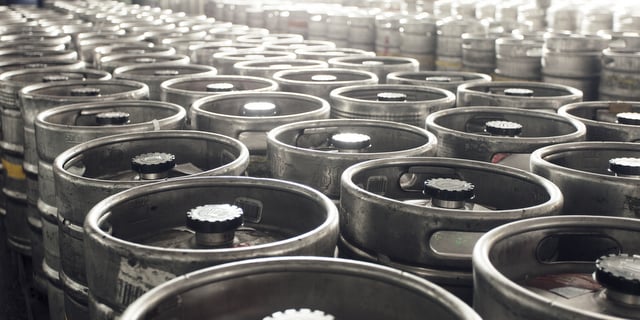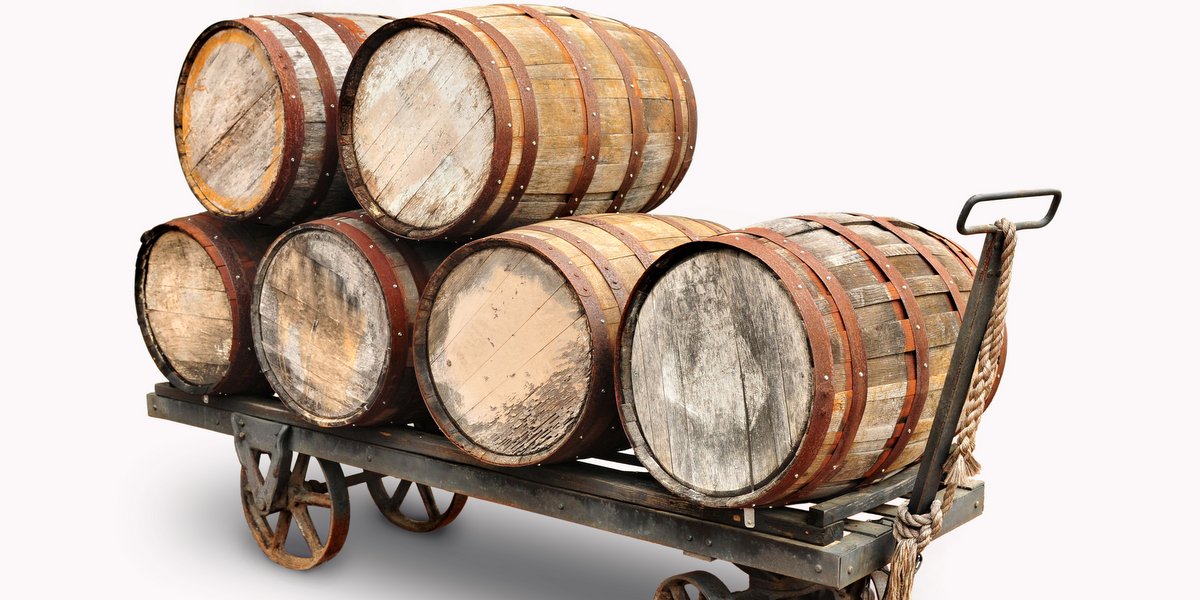Most food and beverages you buy in a store are required by law to describe nutritional information, yet most beer sold at the store is oddly not mandated to have nutritional facts or other product info on the label or packaging. The Food and Drug Administration (FDA) regulates most consumer food and beverages and requires such descriptive labeling, but most alcohol is still regulated under the Federal Alcohol Administration Act of 1935 and thus the Treasury’s Alcohol and Tobacco Tax and Trade Bureau (TTB) plays the role of regulator, including approving labels. And, the TTB hasn’t mandated any nutritional labels. Fun fact: The FDA does require restaurants with 20 or more locations to include nutritional information for regular menu items including beer. What a system, right?
Last year, the U.S. Food and Drug Administration published a Nutrition Facts Label Industry Resources web page to help businesses comply with requirements. The Brewers Association was quick to point out:
Alcohol beverages that do not fall within the definition of malt beverages, wine, or distilled spirits under the Federal Alcohol Administration Act (such as wine/cider with less than 7 percent alcohol by volume, or beers that are not made with both malted barley and hops) are generally subject to the food labeling regulations issued by the FDA, including the FDA Nutrition Facts labeling regulations.
Thusly, most beers do not need to comply, but the Beer Institute, which is a beer maker trade association, wants you to voluntarily disclose information about your beer — product ingredients, nutritional facts, alcohol by volume and freshness. It has released three videos to help convince you.
From the press release:
“We are proud to uphold our reputation as a leader in the alcohol beverage industry in quality and transparency,” said Jim McGreevy, President and CEO of the Beer Institute. “BI and our members are committed to giving consumers exactly what they want, which is information. Consumers deserve the right to know exactly what’s in our products so they can make informed decisions about which beverage is right for them.”
It’s called the Brewers’ Voluntary Disclosure Initiative, and participating brewers and importers will voluntarily include a serving facts statement and freshness dating on their products as well as disclose ingredients on either the label or secondary packaging via a list of ingredients, a reference to a website with the information or through a QR code by the end of 2020. A lot of large corporate brewers have already volunteered — Anheuser-Busch, MillerCoors, HeinekenUSA, Constellation Brands and Craft Brew Alliance.
I can understand some hesitancy from craft brewers — like the cost of finding these nutritional numbers, the challenge of doing that with so many seasonal brands, getting labels re-approved and showcasing high calorie counts to customers. I can also imagine why some might think those giant transnational beer companies supporting this (like AB InBev and Heineken) might very well want this type of information provided because they feel it gives them an advantage — it will be a cost burden for small breweries and a good majority of these global brands are low calorie and low ABV comparatively.
But I also like nutritional facts on the things I buy and eat, so I do feel volunteering this info probably is in the best interest of the customer. 2020 is still a long ways away. Maybe it’s time to experiment with what it takes to provide nutritional info on your brands — because it’s not about what the big brands want the industry to do — it’s about what’s best for the beer drinker.






Leave a Reply
You must be logged in to post a comment.